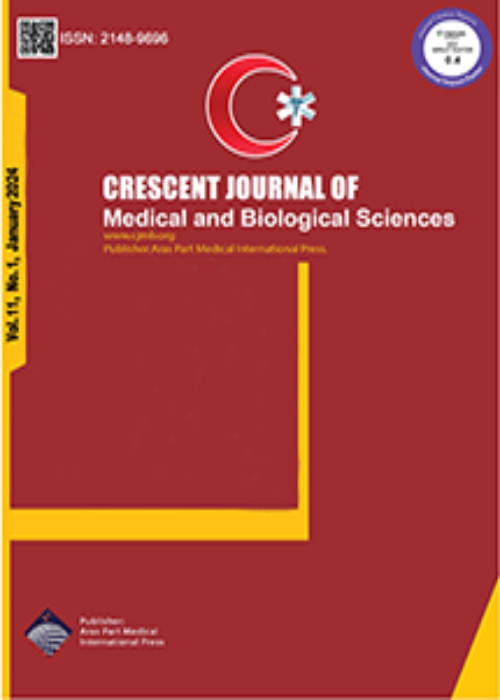The Effects of Dynamic Spatial Hearing Rehabilitation Combined With Transcranial Electrical Stimulation on Speech Perception in Noise in Elderly Men: A Randomized Clinical Trial
Speech perception problem in noise is the most common complaint among elderly people. Based on previous evidence, auditory training improves central auditory system plasticity in the elderly. The aim of the present study was to evaluate the effectiveness of the designed hearing rehabilitation program in overcoming this problem.
This randomized, controlled clinical trial was performed on 80 elderly people aged 60-75 years old who were randomly assigned to four equal groups. One group received only dynamic spatial hearing rehabilitation (DSHR) while the other group received the DSHR combined with transcranial direct current stimulation (DSHRWTDCS). Groups 3 and 4 were the control and sham groups, respectively. All participants were evaluated by behavioral and electrophysiological tests and a questionnaire was administered before, after, and one month after the end of the intervention.
Based on the results of behavioral, electrophysiological tests and the intended questionnaire, there was a significant difference between the means of the second and third stages with the first stage in ODSHR and DSHRWTDCS groups. Further, there was a significant difference between the means of the second and third stages in both ODSHR and DSHRWTDCS groups and those of the other two groups.
The positive effects of the spatial hearing rehabilitation program with tDCS are confirmed by various aspects of self-assessment, electrophysiological and behavioral tests, and thus can be the basis for developing comprehensive rehabilitation programs
- حق عضویت دریافتی صرف حمایت از نشریات عضو و نگهداری، تکمیل و توسعه مگیران میشود.
- پرداخت حق اشتراک و دانلود مقالات اجازه بازنشر آن در سایر رسانههای چاپی و دیجیتال را به کاربر نمیدهد.



